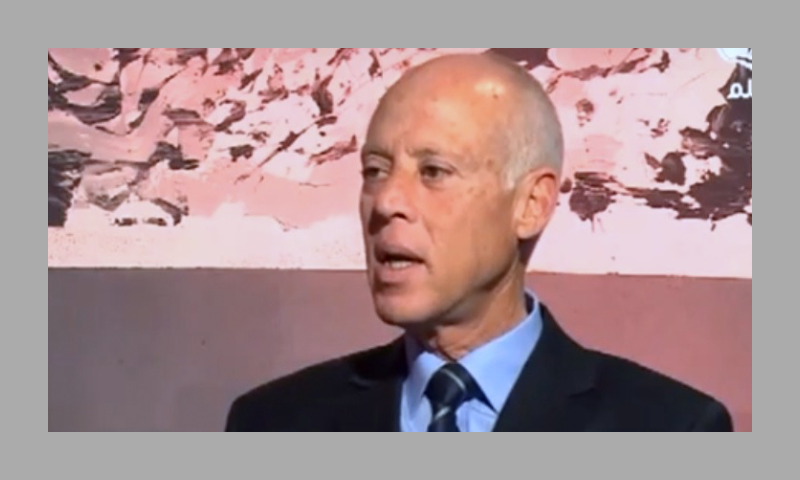Daniel Brumberg
Arab Center Washington, DC, June 22, 2023
“While unhappy with Saied’s clampdown, many professionals and business leaders are not ready to come out en masse to back the protesters.”
If this author has drawn one conclusion from his recent trip to Tunisia it is that rekindling the country’s democracy will require a long-term struggle. Of course, any number of sudden events could shake President Kais Saied’s regime. Still, it is more likely that in the near and medium terms, Saied will consolidate power, an effort that could see his “reelection” in 2024. And he will probably do so without facing mass opposition. For while his popularity has declined, Saied retains far more support than any one veteran political leader. Moreover, for now neither the urban middle class nor the Tunisian General Labor Union seem ready for a full-on collision with the president.
The geostrategic situation is also working in Saied’s favor. As the Biden administration mends fences with Saudi Arabia, it is unwilling to expend diplomatic capital on Tunisia’s plight. Secretary of State Antony Blinken has urged Saied to accept a proffered $1.9 billion IMF package, or to at least offer a revised proposal. But neither he nor European leaders are demanding that economic reforms come with any semblance of political decompression. Indeed, as Italian Prime Minister Giorgia Meloni suggested in her recent visit to Tunis, the purpose of a $1 billion deal that the EU has now offered Tunisia is to help stem the flow of refugees to Europe. Finally, Saied has repaired relations with Algeria in tandem with an agreement to keep providing Tunisia with natural gas. Algeria, as Tunisians like to say, is helping the government “keep the lights on.”
Saied’s ministers surely know that support will not save them from the very real possibility of defaulting on Tunisia’s massive foreign debt, a point underscored by reports that the government is devising an alternative proposal for the IMF. Still, Saied is unlikely to impose austerity measures that could provoke the wrath of marginalized communities, whose disgruntled youth see the unlawful jailing of more than 30 political leaders as… [To read the full article, click here]


